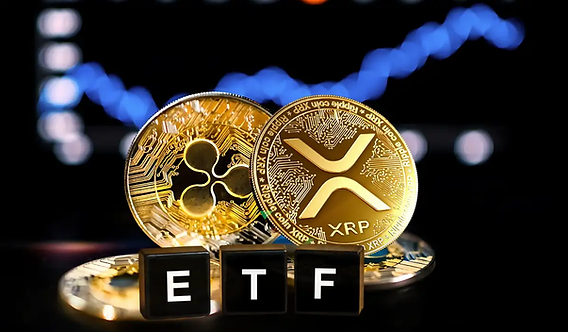Non-Fungible Tokens (NFTs) have revolutionized the digital world. Their rapid growth has sparked the attention of artists, investors, and collectors alike. This article will explore what NFT are, how they work, and how they impact industries such as art, gaming, and entertainment.
What Are NFTs?
NFTs, or Non-Fungible Tokens, are unique digital assets that represent ownership or authenticity of a specific item. Unlike cryptocurrencies like Bitcoin or Ethereum, NFT are one-of-a-kind. They cannot be replaced or exchanged on a one-to-one basis. Every NFT exists on a blockchain—usually Ethereum—and cannot be duplicated.
How Do NFTs Work?
NFT rely on blockchain technology to function. The blockchain acts as a secure ledger, recording every transaction and verifying the authenticity of each token. When you purchase an NFT, you’re buying a certificate of ownership for a digital item, such as artwork, music, videos, or even tweets.
Each NFT is distinct, thanks to its “non-fungible” nature, making it ideal for rare digital assets and collectibles.
Why Are NFTs Gaining Popularity?
Several key factors have contributed to the rapid rise of NFTs:
- Digital Ownership
NFTs allow people to own digital items in a way that was previously not possible. Whether it’s art, music, or videos, buyers can now own verified, unique versions of these digital files. - Empowering Creators
NFTs give artists and creators a direct way to monetize their work. Unlike traditional methods, NFTs eliminate the need for intermediaries like galleries or auction houses, giving artists greater control over their revenue. - Investment Potential
Many NFTs have become valuable assets. Prices for rare or high-demand items have skyrocketed, attracting collectors and investors hoping to profit from future sales. - Gaming and Virtual Worlds
In the gaming industry, NFT are transforming how in-game assets are bought, sold, and traded. Virtual items, avatars, and even land within digital worlds are now represented as NFTs, creating new economies for gamers.
NFTs and the Art World
NFTs have made a major impact on the art world. Digital artists now sell their creations as NFT, reaching global audiences and generating revenue in ways that were not possible before. High-profile sales, like Beeple’s $69 million NFT at Christie’s, have brought digital art into the spotlight.

Moreover, NFTs enable artists to receive royalties on secondary sales. Every time an NFT is resold, the creator can automatically receive a percentage, thanks to blockchain smart contracts.
NFTs in Music and Entertainment
The music industry is also exploring the power of NFTs. Musicians are using NFTs to sell albums, concert tickets, and exclusive content directly to their fans. This enables creators to keep a larger share of the profits while forming closer connections with their audience.
For example, artists can sell NFT that unlock VIP experiences or behind-the-scenes access. This creates new ways for fans to support their favorite musicians while receiving unique rewards in return.
Gaming and Virtual Real Estate
The gaming world has embraced NFT as well. In-game assets, such as weapons, skins, or collectibles, can be represented as NFTs. Players can trade these assets across games or platforms, turning virtual items into real-world commodities.
Virtual real estate in the metaverse is another growing trend. Platforms like Decentraland and The Sandbox sell digital properties as NFTs. These virtual lands are highly valuable, with some transactions reaching millions of dollars.
Its Future : Opportunities and Challenges
Looking ahead, NFTs will likely expand into even more industries. From fashion and sports to intellectual property rights management, NFTs offer new ways to establish digital ownership and monetize assets. However, challenges remain. Environmental concerns about blockchain energy consumption, scalability, and regulations need to be addressed before NFTs can reach their full potential.

Conclusion:
NFTs have changed the landscape of digital ownership, offering unique opportunities for creators, collectors, and investors. From art and music to gaming and virtual real estate, NFTs are making waves across multiple sectors. As blockchain technology improves, NFT will continue to evolve, shaping the future of the digital economy.



